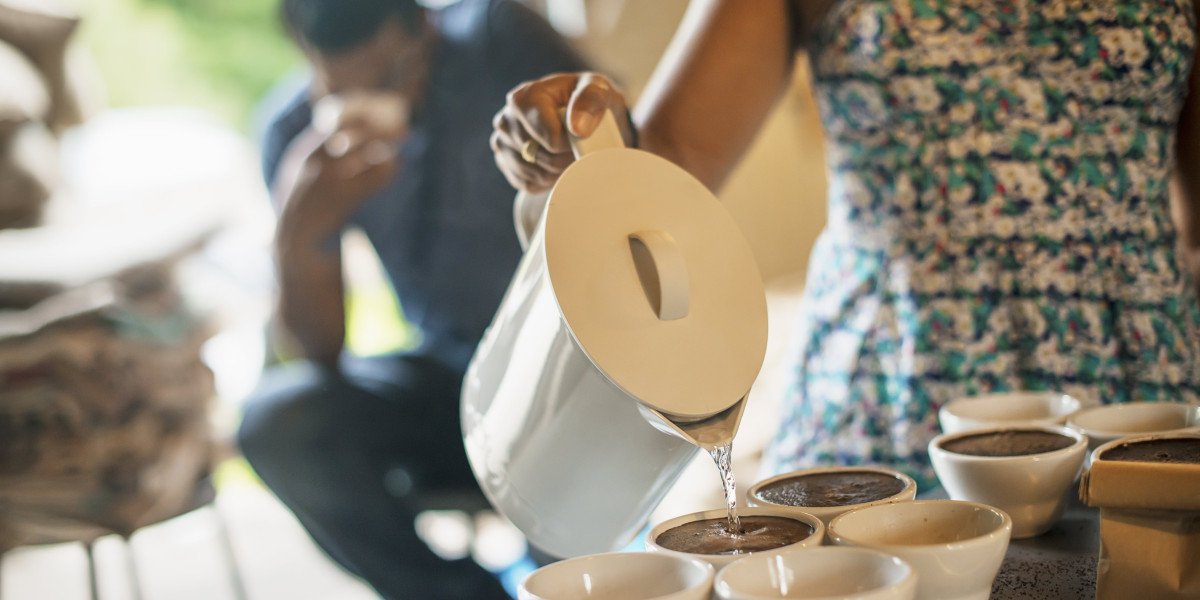Understanding Sliding Door Locks: A Comprehensive Guide
Sliding doors are a popular architectural function in lots of homes and services. They supply simple gain access to, enhance ventilation, and create a seamless shift in between indoor and outside spaces. Nevertheless, the efficiency of sliding doors in regards to security mainly depends upon the quality of their locking mechanisms. This post aims to check out various kinds of sliding door locks, their features, installation techniques, and typical concerns to assist readers make informed decisions regarding their sliding door security.
Kinds Of Sliding Door Locks
When it concerns protecting sliding doors, there are a number of types of locks readily available. Comprehending these alternatives is essential for enhancing security without jeopardizing benefit. Below are some of the primary types of sliding door locks:
1. Patio Door Locks
Outdoor patio doors are typically equipped with a variety of locking mechanisms, consisting of:
- Cylindrical Locks: These are the most common and are often found on sliding glass doors. They can be geared up with a keyed mechanism or a thumb turn.
- Foot Locks: These locks are set up at the bottom of the door and secure the door by latching into the sill.
- Keyed Locks: A more secure option that requires a key to unlock. They normally have a deadbolt to improve security.
2. Mortise Locks
Mortise locks are more robust than standard cylindrical locks and supply greater security. They are built into the door, offering a flat surface area for extra strength. Mortise locks come in numerous styles, consisting of:

| Lock Type | Secret Security Level | Installation Complexity |
|---|---|---|
| Single Cylinder Mortise | High | Moderate |
| Double Cylinder Mortise | Extremely High | Moderate to High |
3. Sliding Bolt Locks
Sliding bolt locks are easy systems that can be engaged from the inside and are frequently used in combination with other locks for included security. They can be put at both the top and bottom of the sliding door.
4. Security Bars or Grills
Security bars are not locks but function as a physical barrier. They can be installed to avoid the sliding door from being opened even if the lock is jeopardized.
5. Electronic Locks
These locks include keypads or biometric inputs, supplying convenience and boosted security due to the lack of physical secrets that can be lost or taken.

Key Features to Consider
When selecting a sliding door lock, several functions should be taken into consideration for ideal security and performance:
- Material Quality: Locks made from stainless-steel or top-quality brass offer much better durability and resistance against tampering.
- Kind of Keying: Decide between single secret, master keying, or keyless entry depending on user convenience and security needs.
- Relieve of Use: Locks ought to be easy to use; complicated mechanisms might annoy users and decrease security.
- Compatibility: Ensure the lock is suitable with the particular sliding door style and manufacturers.
- Weather condition Resistance: For exterior applications, locks ought to be corrosion-resistant to stand up to environment conditions.
Installation and Maintenance
Installation Tips
Installing a sliding door lock includes several actions. Below is a streamlined guide:
- Measure Carefully: Before buying a lock, measure the door's dimensions to make sure the lock fits.
- Select the Location: Decide where the lock will be set up, taking into consideration user benefit and security.
- Drill Holes: Use the proper drill bits to create holes for the lock and screws, following the lock producer's instructions.
- Mount the Lock: Secure the lock in place, guaranteeing it runs efficiently and efficiently engages.
- Evaluate the Lock: Once set up, evaluate the lock a number of times to ensure it operates properly.
Upkeep Tips
Routine maintenance can extend the longevity of sliding door locks:
- Lubricate the Lock: Use a silicone-based lube occasionally to make sure smooth operation.
- Check Alignment: Ensure the locking mechanism aligns effectively with the strike plate. Misalignment can lead to jamming or inefficient locking.
- Examine for Wear: Regularly examine for indications of wear, such as rust or rust, that could compromise security.
- Change Batteries: For electronic locks, modification batteries as indicated by the manufacturer to maintain functionality.
Common Issues and Troubleshooting
Regardless of their usefulness, sliding door locks can encounter problems. Some common problems consist of:
- Sticking Lock Mechanisms: This might take place due to dirt or particles in the lock. Cleaning up and oiling the lock frequently solve this.
- Misalignment: If the door becomes misaligned, the lock may not engage properly. Adjusting the door may repair this problem.
- Trouble in Turning the Lock: A worn key or internal components can lead to difficulty when turning the lock. Replacing the secret or lock might be essential.
- Power Outages (for Electronic Locks): Ensure a backup crucial lock mechanism is readily available for emergencies.
FAQs about Sliding Door Locks
What should I consider when picking a sliding door lock?
Consider the material, keying type, ease of usage, compatibility with your door, and weather resistance.
How typically should I keep my sliding door locks?
Routine upkeep ought to be carried out every couple of months, or more frequently if the door is exposed to extreme climate condition.
Are electronic locks more secure than standard locks?
While electronic locks offer benefit, they can be vulnerable to hacking. It's vital to pick high-quality models with good security features.
Can I upgrade my existing sliding door lock?
Yes, numerous sliding door locks can be updated to more secure alternatives, consisting of installing extra locks or replacing existing locks with more robust designs.
Sliding door locks are vital parts for making sure the security of sliding doors in homes and services. With various lock types readily available, understanding their features, installation, maintenance, and possible problems can empower customers to make informed options. By focusing on security and convenience, individuals can boost their comfort and the total safety of their areas. For those considering upgrades or new setups, speaking with a security specialist can also provide insights customized to particular requirements and door types.








